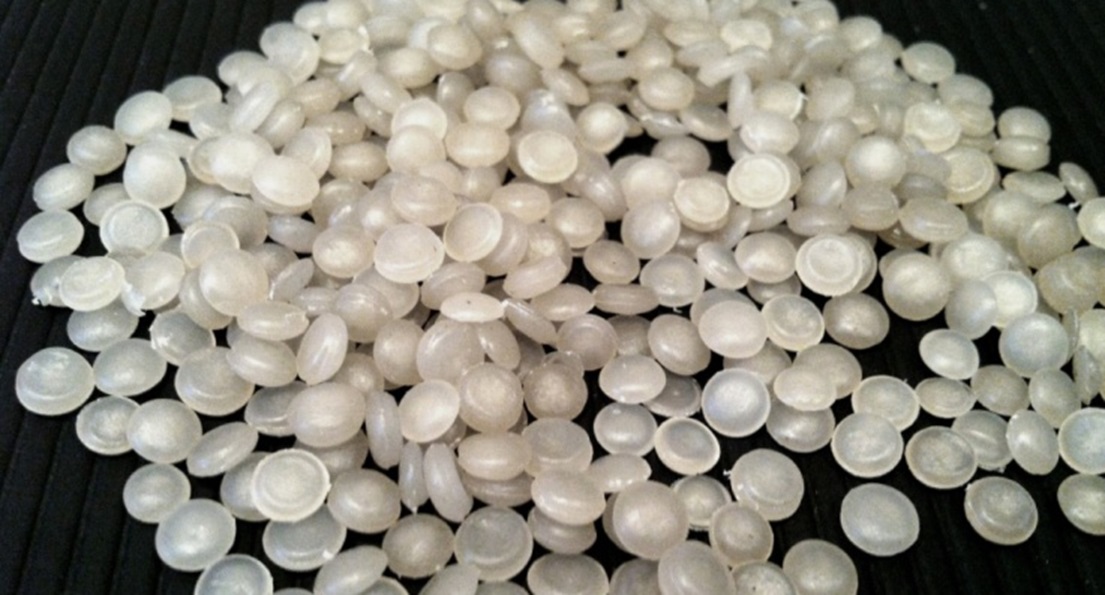We unleash your business potential by maximize the business innovation.
Send EmailPolyvinyl Chloride, Polychloroethene, Chloroethylene Polymer, PVC, 9002-86-2
Polyvinyl Chloride (PVC) is one of the most widely used polymers in the world. Due to its versatile nature, PVC is frequently used in a wide range of industrial, technical, and everyday applications, including building, transportation, packaging, electrical/electronics, and healthcare.
Properties:
-
Color: Typically white or black, available in a wide range of colors
-
Density: 1.38-1.41 g/cm³
-
Melting Point: 100-260°C (depending on processing conditions)
-
Solubility: Insoluble in water, soluble in organic solvents
-
Odor: Odorless
Applications:
-
Building and Construction: Window profiles, drainage pipes, water service pipes
-
Healthcare: Medical devices, blood storage bags
-
Electrical and Electronics: Cable and wire insulation
-
Packaging: Flexible flooring, roofing membranes, stationery
-
Automotive: Interior and seat coverings
-
Fashion and Footwear: Synthetic leather and other coated fabrics
-
Other: Credit cards, vinyl records
PVC is a very durable and long-lasting material that can be used in a variety of applications, ranging from rigid to flexible, white to black, and everything in between. The first patent for the polymerization process to produce PVC was granted to German inventor Friedrich Klatte in 1913, and PVC has been commercially produced since 1933.
Polyvinyl Chloride (PVC) is also known by several other names:
-
Polychloroethene
-
Chloroethylene polymer
-
PVC
-
9002-86-2 (CAS number)
